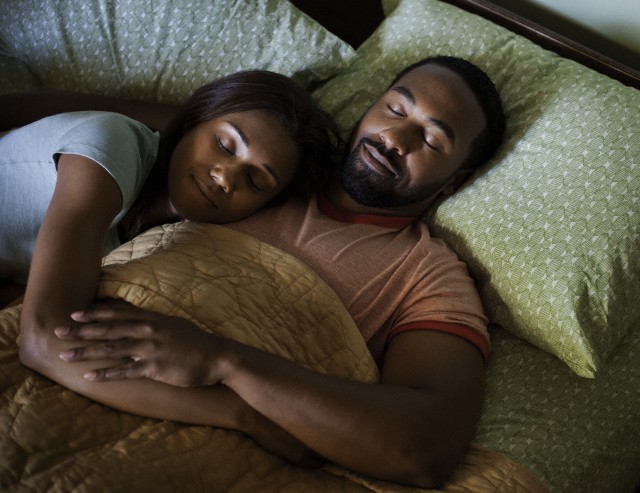
We all think that extra sleep on weekends will cover up for the days we wake up early during weekdays while going to work.
According to a new study that has proven us wrong shows that extra hours of slept will not cover up for lost sleep

Apparently less sleep and untreated sleep disorders put people at increased risk of health problems, including obesity and diabetes.
According to a study by Kenneth Wright, of the University of Colorado, : ‘The key take-home message from this study is that ad libitum weekend recovery, or catch-up sleep, does not appear to be an effective countermeasure strategy to reverse sleep loss induced disruptions of metabolism.’

People often sleep more at the weekend than they do during the week.
But it wasn’t known how returning to an insufficient sleep schedule during the working week after a weekend of recovery kip influences a person’s metabolic health.
To answer the question on sleeping extra on weekend was however experimented by a University of Colorado team.

Each participant was randomly assigned to one of three groups. The first had plenty of time to sleep (nine hours) each night for nine nights.
The second had just five hours to sleep each night over that same period. The third group slept five hours for five days followed by a weekend in which they slept as much as they liked before returning to another two days of restricted sleep.
In the two sleep-restricted groups, insufficient sleep led to an increase in snacking after dinner and weight gain.

During weekend recovery sleep in the third group, study participants slept an hour longer on average than they usually would. They also consumed fewer extra calories after dinner than those who got insufficient sleep.
But when they went back to getting insufficient sleep after the weekend, their circadian body clock was timed later. They also ate more after dinner as their weight continued to rise.
The sleep restriction in the first group of participants was associated with a decrease in insulin sensitivity of about 13 percent, according to the findings.

But the group that had a chance to sleep more on the weekend still showed less sensitivity to insulin.
The insulin sensitivity of their whole bodies, liver, and muscle decreased by nine to 27 percent after they got insufficient sleep again, once the weekend was over.
Study co-author Dr Christopher Depner, an assistant professor, said: ‘Our findings show that muscle- and liver-specific insulin sensitivity were worse in subjects who had weekend recovery sleep.’

He noted that those metabolic aberrations weren’t seen in the people who got less sleep all along.
Dr Depner added: ‘This finding was not anticipated and further shows that weekend recovery sleep is not likely to be an effective sleep-loss countermeasure regarding metabolic health when sleep loss is chronic.’
The Sleep Research Society and American Academy of Sleep Medicine recommends seven or more hours of sleep nightly for adults, to promote optimal health.
The new findings add to evidence that insufficient sleep is a risk factor for metabolic disorders.
The researchers said that their study also shows that catching up at weekends isn’t the solution to chronic sleep loss during the week.
Dr Wright added that it’s not yet clear whether weekend recovery sleep can be an effective health countermeasure for people who get too little sleep only occasionally, such as a night or two per week.
He said the team hope to explore the fine details of these dynamics in future studies, including the influence of daytime napping and other strategies for getting more sleep.